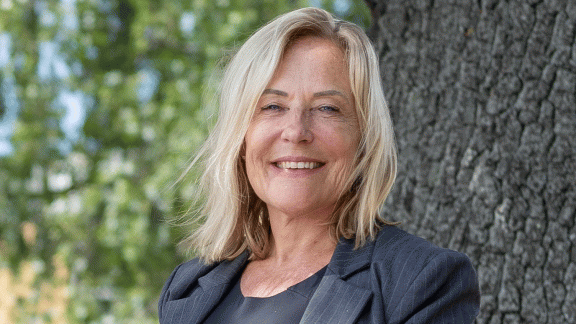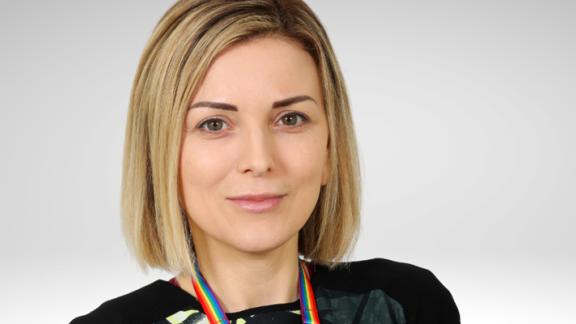Duty of candour

To learn from its handling of the pandemic, QEH recognised the importance of transparency and took the initiative to contact COVID-19 patients or family of those who had been in their care. Caroline Shaw explains what they did and why.
Creating an open and transparent culture comes with its difficulties and challenges but ultimately it’s about doing what is right for patients, their families and staff. This is the view that we hold at QEH, and I believe the single, most important view we should all hold in the NHS.
The Queen Elizabeth Hospital King’s Lynn NHS Foundation Trust (QEH) – has now completed it’s ‘Learning from COVID-19’ duty of candour exercise which importantly captured our learning from the pandemic and the steps we can take to further improve the care and experience for our future patients and their families.
Approaching patients and families
Colleagues from our clinical teams, and in some instances those colleagues who cared for the individuals who contracted COVID-19 while at QEH, made the calls
The exercise involved contacting every patient who likely or definitely contracted COVID-19 in our care or the next-of-kin of those who died – to let them know about this, to apologise and to create space and time for those families to process this information and to answer their questions.
We were one of the first trusts in the country to carry out such an exercise, recognising the importance of openness and transparency with our patients and their families, and we received widespread praise for the way in which we have approached this from our colleagues at NHS England and Improvement, the Department of Health and Social Care and from the former Secretary of State for Health and Social Care.
Colleagues from our clinical teams, and in some instances those colleagues who cared for the individuals who contracted COVID-19 while at QEH, made the calls and talked through individual circumstances and helped to answer any questions that those patients or their next of kin had.
The report has since been shared with patients and families and has also been shared more widely with our commissioners, wider stakeholders, and members of the public.
What we learnt
We believe that it is every patients’ right to receive safe and good care while at QEH
The main learning points which came from this exercise and from the pandemic, which we continue to reflect on, are:
- Communication must be at the centre of everything that we do. We must further strengthen dialogue between patients, their loved ones and those delivering care.
- Everybody has a part to play in infection prevention. It must be everybody’s responsibility – we recognise that PPE, social distancing and other safety requirements are still necessary to prevent the spread of the virus.
- The trust has more work to do to ensure patients receive care on the ward that best meets their individual needs – this might mean preventing multiple and unnecessary ward moves which ultimately leads to poor patient experience.
- The importance of digital technology (including tablets and smartphones) to facilitate virtual visiting for patients in our care to help with communication between patients and their families and loved ones, including for families living some distance away. In an unprecedented scenario this was truly a lifeline for many of our patients
- The physical layout of our clinical environments. We know we need to ensure access to side rooms in any future work we do, and that ultimately modernising our hospital, including ward reconfigurations, are an essential part of improving care and patient experience
We believe that it is every patients’ right to receive safe and good care while at QEH. In addition to the changes the trust has already made, including the introduction of our team of family liaison officers, which has immeasurably improved communication with patients and their families, we know that we still have more to do.
Pride and ambitions
Our ambition is to be the best rural district general hospital for patient and staff experience
COVID-19 brought unprecedented pressures to our staff, the whole trust and the wider NHS. We know that we responded and adapted but this was still a challenging time. Looking back, we’re proud of how our service delivery changed as we embraced the use of technology and our staff worked differently and more flexibly. We’re proud of how we’ve streamlined decision-making and acted rapidly amid fresh challenges daily. We’re proud that we did what was right for our patients, their families, and our staff. This has always guided our decision-making, even in the most difficult of circumstances.
Our ambition is to be the best rural district general hospital for patient and staff experience and our continuous improvement journey, paired with our willingness to reflect and learn from our experiences, will enable us to achieve this.
Please find here our Learning from COVID-19 Pandemic report.
Caroline Shaw CBE is chief executive at The Queen Elizabeth Hospital King’s Lynn NHS Foundation Trust. Follow them on Twitter @CShawQEH @TeamQEH


